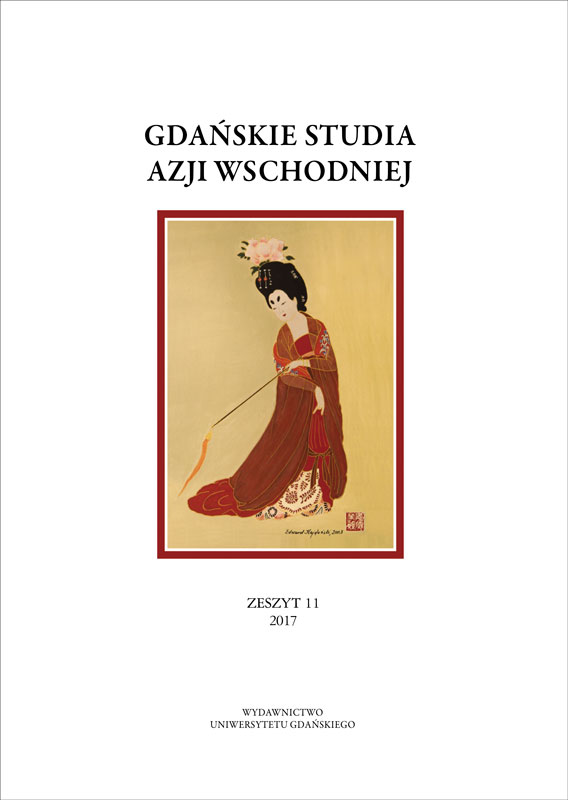Rozwój gospodarki chińskiej w okresie realnego socjalizmu – analiza podstawowych wskaźników makroekonomicznych
The development of the Chinese economy in the period of real socialism: an analysis of basic macroeconomic indicators
Author(s): Ewa CieślikSubject(s): Economic policy
Published by: Wydawnictwo Uniwersytetu Jagiellońskiego
Summary/Abstract: China, after years of an international isolation, begins to play a more extensive role in the world. It becomes the main world player in every branch of a single nation’s activity, starting from economy through military to social and culture areas. One of the probes of the international rebirth of this great nation is its diplomatic relations with Vatican. The reason diplomatic relations with the state of Vatican were for some time out of discussion was the Chinese ideology. After it was abandoned, it appeared there are only two issues implicating those relations: Vatican’s diplomatic relations with Taiwan and the Chinese Catholic Church’s wish to remain independent from the Pope.The last few years show the meaningful change of the Chinese and Vatican’s approach to the problem: it appears that the, so called, border issues are defined. Vatican expects China to acknowledge the Pope as the head of the universal Church, whereas Vatican is supposed to revise its diplomatic relations with Taiwan – Vatican is now the only state in Europe to maintain the diplomatic links with Taiwan. In the research, the author has traced back the tangled relationship between the Holy See and the Middle Kingdom starting with the first footprints of Christianity in China to the current situation, when the significant thaw in bilateral relations takes place. Concluding, the article shows the signs of the real reestablishing of diplomatic relations between those two very specific states.
Journal: Gdańskie Studia Azji Wschodniej
- Issue Year: 2017
- Issue No: 11
- Page Range: 59-82
- Page Count: 14
- Language: Polish

